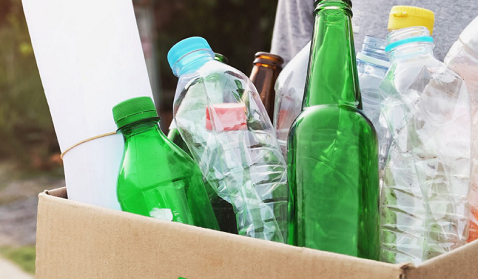More markets for recycled materials are needed to build a circular economy, says the CSIRO – along with less contaminated waste streams, and a greater reprocessing capacity.
In its Circular Economy roadmap for plastics, glass, paper and tyres, Australia’s national science agency says there is no single “silver bullet” for transitioning to a circular economy given the challenges are numerous and often interconnected.
The five issues it identifies are:
- Lack of end markets for secondary materials;
- Lack of reprocessing capacity;
- Loss of source material through sub-optimal product design, consumption, and collection,
- Lack of consistency across jurisdictions; and
- Lack of system-wide capability to support a circular economy.
“These challenges can only be overcome with a concerted effort to build a national culture that values the re-use of secondary materials,” the roadmap says.
Dr Heinz Schandl, a senior CSIRO scientist who led the roadmap’s development, said that industries supplying products and materials needed to develop a “deeper responsibility for their product” to bring a fundamental shift.
Australia only recycles about 4 percent of plastics, 33 percent of glass and 36 percent of paper, the roadmap says, and in 2019 exported 1.4 million tonnes of those materials as “waste”.
Significant volumes of glass, paper and plastics also end up in landfills either because recycling loads are contaminated and can’t be sorted, or the products are designed in a way that doesn’t allow materials to be easily separated.
The roadmap says there will need to be major improvements to the retention of resources that are contained in products, more innovation in recycling facilities and better product designs to limit the commingling of waste. New markets will need to be developed and consistent standards introduced across the states.
“A transition to a circular economy will require profound changes to industrial, institutional, economic, social and consumption practices,” the roadmap says.
“None of these things will be possible without a national culture that thinks ‘re-use’ before ‘throw out’ and acts accordingly.
“Every channel should be used to support that vision, to change mindsets and guide behaviours both at home and at work,” the report adds.



